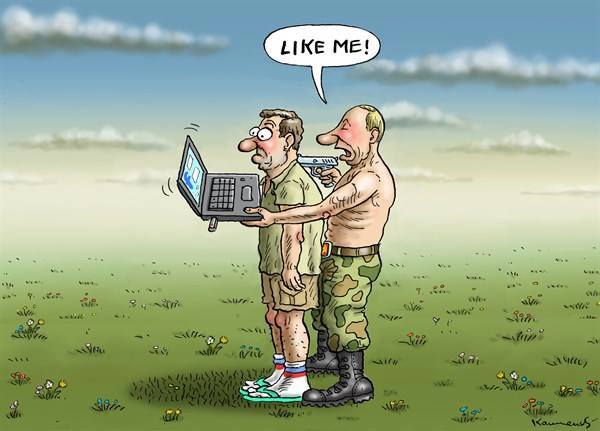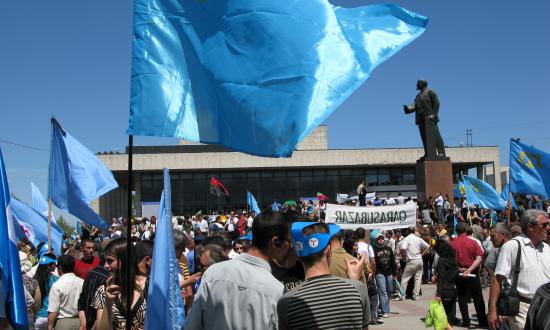By Jon Barrow
Putin is sometimes believed to be playing a clever game, outfoxing the dithering West at every move. But it’s worth looking at this assumption more closely; I would suggest a Cost – Benefit analysis. First, a few benefits (from the perspective of the Russian state):
First, a few benefits:
- Russia has taken Crimea, and its natural resources (but there is no guarantee it will keep it forever – one day, there is likely to be another, proper, referendum there).
- Russia has succeeded in destabilizing eastern Ukraine. But Russia’s ideal strategy in eastern Ukraine would be to federalise Donbas (rather than unite it with Russia or have an independent Transniester-style state), securing the ability to constantly undermine the Ukrainian centre. Many in Ukraine recognise this threat, and it increasingly looks like Russia will be unable to realise it.
- Putin appears to have solidified popular support at home, and shut down dissenting voices (but this can only be temporary; without becoming North Korean, a state of permanent conflict is just not economically and socially tenable for more than a year or so; and triumphalism over Crimea will soon die down).
But on the negative side:
- Putin’s actions have strengthened anti-Russian feeling in Ukraine; at the same time helping the country to solidify national identity. The removal of Crimea has re-balanced Ukraine; the loss of the most pro-Russian/Soviet region ensures that parties like the Communists and Party of Regions can’t succeed again. The government would, in normal times, have found it virtually impossible to sort out problems such as the bloated and corrupt bureaucracy and the cost of (subsidised, budget-busting) gas to domestic consumers; but now has a chance push such measures through.
- The Customs Union – Putin’s major foreign policy goal of recent years – is now a dead duck. Even countries like Belarus and Kazakhstan seem to have gone off the idea.
- Every neighbor of Russia’s is now hostile or at best suspicious. This even includes China, which is tied into the world market and hates ‘instability’.
- NATO has been given a new lease of life; western countries are re-building military capability.
- Major world actors – the US government, the UN, the G8, the EU and all the rest – are slowly but surely changing course. These groups are often accused of dithering; while there is some truth in that (all those boring meetings and consultations, changes in legislation, umpteen ‘second chances’, policy documents – when you want action!), large and pluralistic bodies are like great aircraft carriers. At a distance, they seem to be moving slowly, taking forever to change course. But once that new course is set – fixed into a whole raft of legislation and policy – they carry great power; and it’s hard to change course again. If we look for instance at recent discussions (and decisions) in Europe about energy security (at last, a chance to deal with fossil fuel emissions), Russia’s energy-dependent and export-reliant economy could well be looking disaster in the face. A newly-confident China, with its own energy policy (of self-reliance) and tied in closely to western economies, is not going to take up the slack – for junior-brother Russia.
- The Russian elite, at least in public, laughed off the ‘sanctions’ as pinpricks. This totally fails to understand the power of these sanctions – which rests in introducing risks into, and destabilising, the Russian economy. Business, like countries, would rather work with a stable competitor than an unreliable ‘partner’; and Russia’s new ‘unpredictable’ image is a massive economic hit.
I feel that Mr Putin, now surrounded largely by sycophantic hard-line nationalists with totalitarian instincts, has fallen victim to the inevitable fate of autocrats: who, unwilling to listen to and unable to hear other voices, so often get carried along by their own propaganda.
While the Russian government may be clever in the sense of ‘tricky’, its new status looks to me an awfully lot worse than its old one.
Source: Brit on the Barricades





